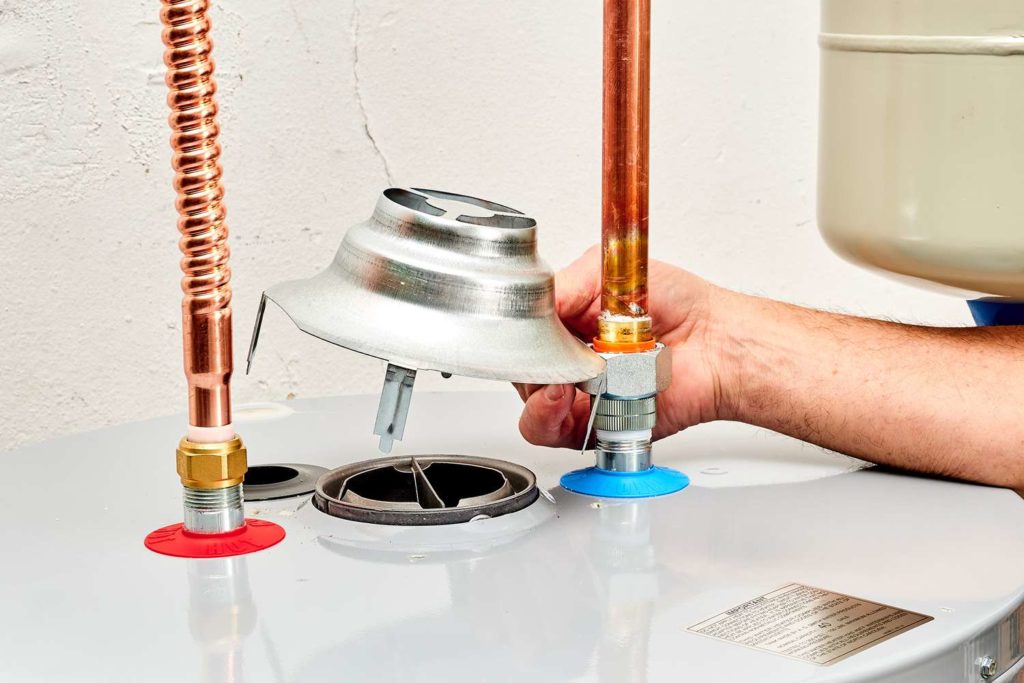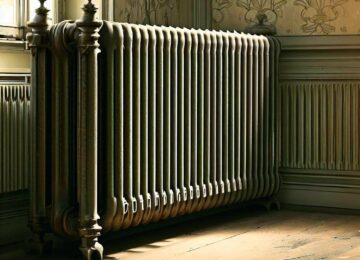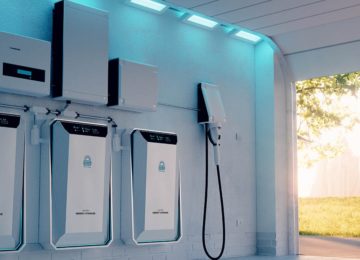Water heaters are essential for daily comfort in any home, supplying hot water for showers, washing dishes, and doing laundry. However, these appliances have a finite lifespan. Recognizing when to undertake a timely or even emergency water heater replacement is crucial. Doing so can prevent the inconvenience of sudden cold showers and potential water damage. By addressing replacement needs proactively, you can ensure a consistent and uninterrupted supply of hot water, maintaining your home’s comfort and convenience levels.
Let us delve into some important aspects to consider when contemplating water heater replacement.
Age of the water heater
Most water heaters have a lifespan of about 8 to 12 years. If yours is nearing or has surpassed this age range, it is a good idea to consider replacement. Older units are more prone to breakdowns, inefficiencies, and leaks, which can lead to more significant problems down the line.
Frequent repairs
If you find yourself frequently calling the technician for repairs, it might be more cost-effective to replace your water heater rather than continue to spend money on recurring issues. Frequent repairs are a sign that your unit is nearing the end of its functional life.
Inadequate hot water
If your water heater struggles to provide a consistent supply of hot water, it could be due to sediment buildup or a failing heating element. When the water heater can no longer meet your household’s hot water needs, replacement is often the best solution.
Rising energy bills
An old or malfunctioning water heater can become less efficient, using more energy to heat the same amount of water. This inefficiency is reflected in your rising energy bills. Replacing an outdated model with a new, energy-efficient unit can reduce your monthly expenses.
Signs of corrosion and leakage
Over time, water heaters can develop rust and corrosion, particularly around the tank and fittings. If you notice rust-colored water, or water pooling around the base of the unit, these are clear signs that your water heater might be failing and needs to be replaced to avoid potential flooding and water damage.
To sum up
Replacing your water heater at the right time is essential for maintaining the efficiency, safety, and comfort of your home. By being proactive about replacement, you can avoid the inconvenience of sudden failures and enjoy the benefits of a newer, more efficient model. This not only ensures a reliable hot water supply but also improves your home’s energy efficiency, ultimately saving money in the long term.











